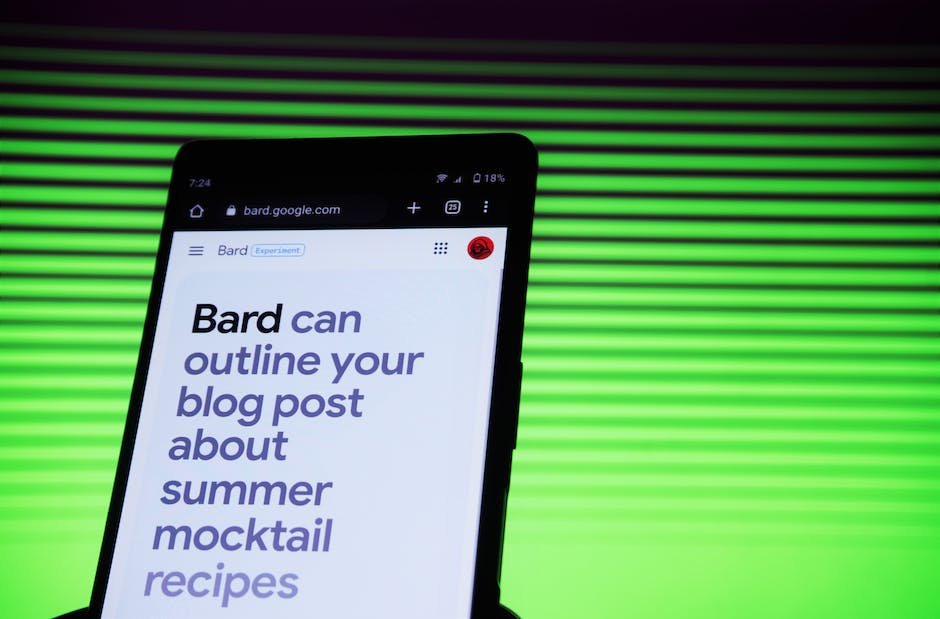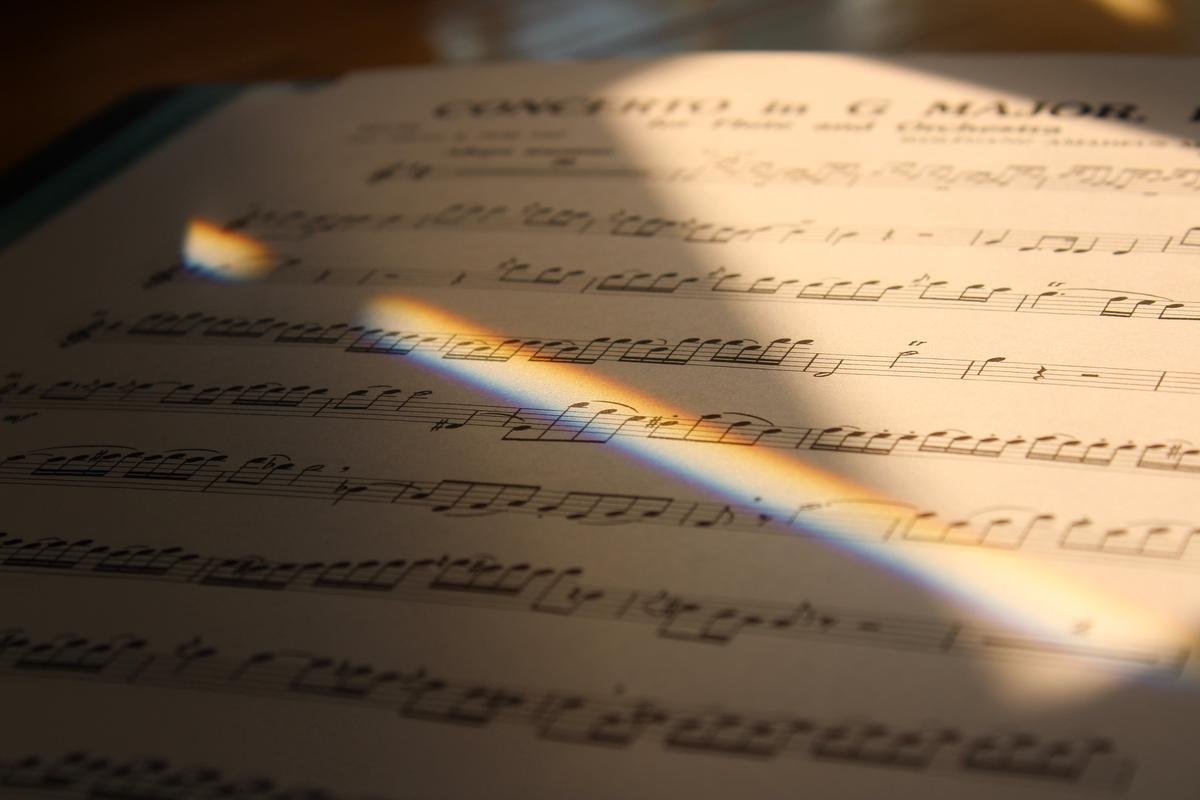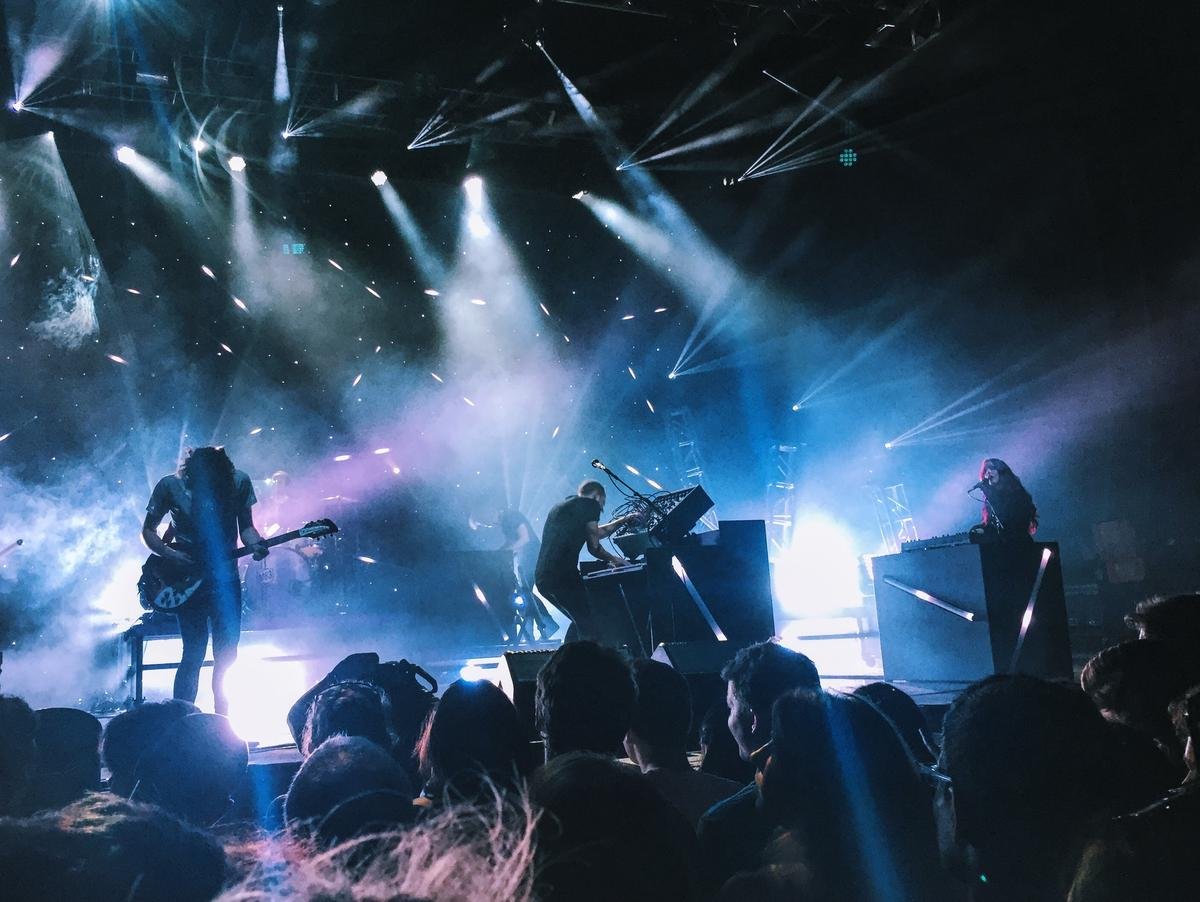Traversing back into the folds of history, we unearth the significant role of bards – the poets, musicians, and storytellers who masterfully threaded the tapestry of society’s experiences, emotions, and events through their lyrical narratives. Finding root in the simplest forms of oral tradition, bards emerged as captivating storytellers, their words embracing the collective memory of their community and shaping culture. As we venture deeper into this exploration, our understanding of the richly historic and contemporary world of bards expands, encapsulating the influence they possess across various music genres and the power of their music in fostering a sense of unity and kinship. Coupled with fervent passion and deep comprehension, we embark on this journey of unraveling the essence of being a bard, an essence that resonates in the music creators of today as well.
The Origin and Evolution of the Bard
Stepping back in history, bards were revered as composers, performers, and bearers of music steeped in culture, tradition, and social significance.
In the times of ancient Greece, Ireland, and later Britain, bards were the proverbial strings that held communities together, performing sagas of ancient heroes, solemn odes, and creating an aural tapestry of folklore.
This harmony imbued with the rhythmic waves of their harps did more than just entertain the folk.
It conveyed stories, relayed historical occurrences, and offered social commentary, making bards the original newscasters and narrators of the time.
These artistic warriors used the power of music to unite, influence, and educate, echoing the sentiments of their society through dulcet tones and powerful verse.
In the present era, the essence of the bards is captured by artists spread across a diverse spectrum of music genres.
The role has undergone a transformation, as musicians now reflect on personal experiences, express individualistic emotions, engage in social activism, or simply create for the pure joy of making music.
From soulful blues and lyrical hip hop with thought-provoking narratives to folk songs reverberating with tales of heartland and captivating indie ballads, the incorporeal mantle of bards is carried forward by these modern-day artists.
They are the echo of our generation, igniting passion, building bridges, and engaging communities in a shared sonorous experience.
Bards have moved from the royal courts to concert stages, from itinerant performers to celebrated stars, yet their fundamental role as musical storytellers remains unaltered.
As we engage with music that moves us, makes us think, or simply stirs our souls, we are partaking in a timeless tradition of melody-infused storytelling, a legacy left behind by the influential bards of yore.

The Bardic Influence in Various Music Genres
Journeying across the myriad highways of soundscapes, the ripple of the bard’s legacy continues to resonate with the resonance of a well played symphony. Every inch of the musical cosmos is painted with hues of their influence, demonstrating an effervescent continuity that extends from string-laden folk songs to the pulsating heart of vehement rap anthems. The indomitable spirit of the bard remains untrammeled; their vestiges are immortalized in the lyrics that challenge norms, the harmonies that cause hearts to flutter, and the rhythm that incites the masses to move.
In the poetic narrative of the Blues, the bardic tradition is notably discernible. This genre, born out of African-American communities’ heart-wrenching experiences, amplifies the bard’s modus operandi – painting evocative tales of life, loss, and love against a backdrop of guitar lilts and soulful crooning. Similarly, Country music, with its folk-influenced DNA, is a hotbed for musical raconteurs. Its ability to capture complex emotions and universal truths within accessible narratives is a reverberation of the bard’s artistry, translated into twangy tunes and rustic riffs.
Taking a leap onto a seemingly divergent end of the musical spectrum, we find the volatile and visceral world of Rap and Hip-Hop. Often overlooked for its bluntness and bravado, this realm holds some of the most poignant, articulate, and innovative storytellers of our time. The rhythmic laceration of societal issues, the lyrical prowess, and the inherent rhythmic dialogue in rap bear a striking resemblance to the bard’s role of cultural and societal commentary. The gritty streets of modern metropolises are the bard’s court, and the MCs and rappers, the laureates—continuing the eternal dance of musical storytelling in their unique, unapologetic style.
From lilting melodies whispered in Gaelic winds to fiery lyrics screamed into urban microphone, the echo of bard’s voice can be heard, reverberating over centuries and across genres. Reminding us, in every beat and bar, that the bard’s influence is far from a stagnant relic of the past, but a vibrant thread intricately woven into the complex tapestry of contemporary music’s diverse genres.

Photo by sarahledao on Unsplash
Being a Bard: Music as a Form of Expression and Social Unity
Music, whether it’s the enduring beats of drum circles or the soulful wails of the blues, wields a commanding influence over individuals, shaping identities and cultivating shared experiences. It has the extraordinary ability to serve as a looking glass into our very souls, rooting out hidden emotional landscapes and turning them into audible and stirringly tangible experiences. It is no wonder then, that the musical artists of today—our bards—utilize the power of music as a form of personal expression. It’s more than mere notes on paper, rhythms on drum skins, and lyrics in air; it’s a transmutation of internal realities into a landscape that others can traverse, empathize with, and find resonance with their own experiences.
Beyond the intimate veil of personal expression, music stands tall as a cornerstone of community building. Throughout the ages, from amphitheaters of ancient Greece to the mud-soaked fields of Woodstock, music has consistently functioned as a gathering force. In the vibrant tapestry of modern music, from the heady verses of rap to the poignant refrains of folk, we find shared stories, shared experiences, and a shared connection. It’s through these shared narratives bourne by music, that individuals find common ground, manifesting as enthusiastic concert crowds, lively festival gatherings, or intimate jam sessions.
The bard’s role once filled our universe with fairy-tale myths and stirring epics, and in our current world, this legacy lives on. We may not gather around fires under the open sky, but we assemble in venues under flashing lights, connecting with the rhythm, the lyrics, the story, and ultimately each other. Like the ancient bards’ tales that once enthralled kings and commoners alike, music of our times continues to hold sway over society. It elucidates, celebrates, and often critiques the human experience – acting as the mirror that reflects our triumphs, fails, hopes, and fears. And just like bards of olde, today’s musicians continue to use their art as a vehicle for communication, binding their audiences into communities threaded by the sound of their creation.

Photo by matthewkalapuch on Unsplash
Moving forward along our daily life’s rhythm, we realize the silent but persistent influence of the modern-day bards. Their music, stories, expressions interweave our social fabric, fostering unity, promoting empathy, and encouraging dialogue. In essence, bards have shaped and continue to shape our cultural landscapes far beyond the confines of their original historical context. They give us the melody to harmonize with complex societal issues, aiding us in finding our voice amidst the chaos. The profound reach of bards, their underlying influence in various music genres, and their central role as vessels of expression reflect the timeless and transcendent nature of their existence. Undeniably, the essence of a bard lives on, thrumming diligently in the heartbeats of culture and resonating through the corridors of time.



